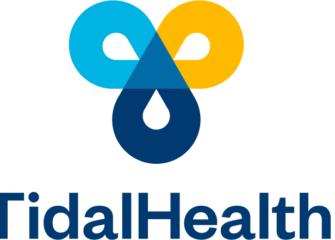
SALISBURY, MD—An agricultural probiotic developed at Salisbury University to enhance the growth of soybeans, peanuts, corn and other crops soon will be tested on a new resource: hemp.
SU is believed to be the first institution in Maryland to sign research agreements with local farmers through a new Department of Agriculture pilot program allowing the growth and processing of industrial hemp in the state. Under the program’s guidelines, participating farmers must partner with a higher education institution for research as part of the application process for inclusion.
“These aren’t drug plants,” said Dr. Mark Holland, SU professor of biological sciences, noting that though hemp the same species as marijuana, levels of tetrahydrocannabinol (THC) — the active ingredient in cannabis — are greatly reduced. Federal guidelines provide a maximum level of THC that plants in the program legally may contain.
Holland hopes to have student interns in place for the summer to spend the season testing the effect of SU’s probiotic on germination and crop yield, and its impact on the production of cannabidiol (CBD oil), used for applications including pain relief.
“We are committed to providing excellent opportunities for undergraduate research, so to be able to participate in a program that is at the forefront of a burgeoning industry for our state is a win-win for both farmers and our student researchers,” said Dr. Jessica Clark, also of the Biological Sciences Department, who co-directs SU’s Office of Undergraduate Research and Creative Activity with Dr. Chrys Egan of the Communication Arts Department.
About a dozen potential growers have reached out to SU for information on partnering, Holland said. He hopes to work with about six farmers, mostly on the Eastern Shore, if they are accepted for the program. The diversity of partners and their growing methods should allow tests to be conducted under many different conditions at once, including various soil types and outdoor growing vs. greenhouse-raised hemp.
“I think we’ll get some pretty robust data,” he said.
The project marks a return of industrial hemp to Maryland for the first time since the late 1940s, when it became regulated, along with marijuana, and its cultivation was prohibited. Worldwide, the plant is used in products including paper, textiles, plastics, food and fuel.
For now, growth in the state is permitted for research purposes only, though farmers may sell their crop yields at the end of the season. Holland said these restrictions may not be permanent if the pilot program is found to be beneficial. That makes the opportunity to partner for research now even more valuable, he added.
For more information call 410-543-6030 or visit the SU website at www.salisbury.edu.




